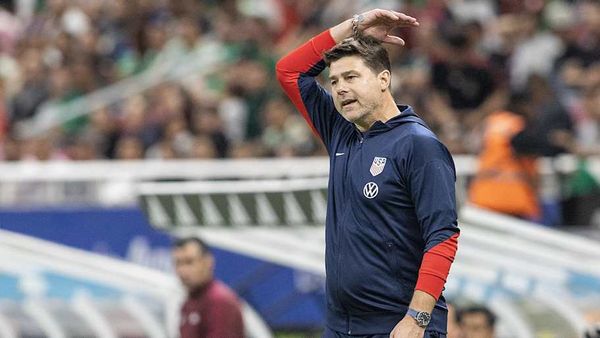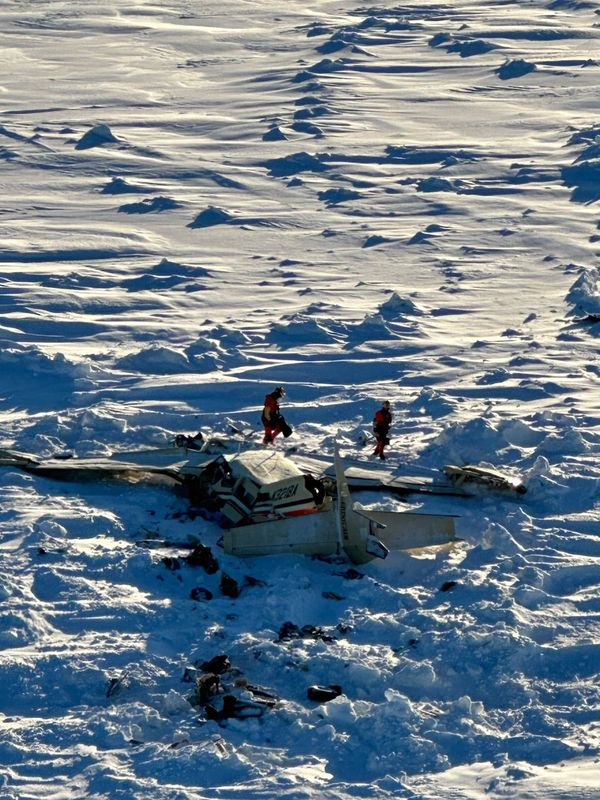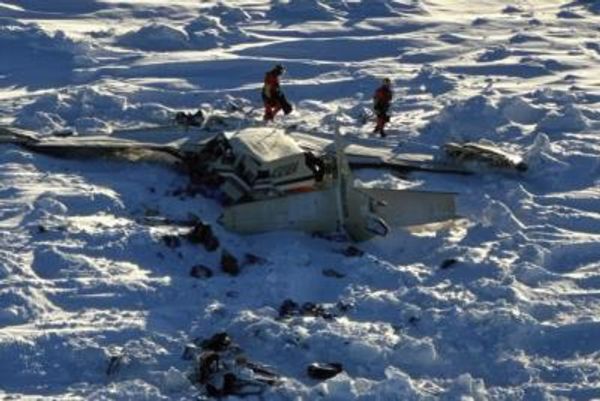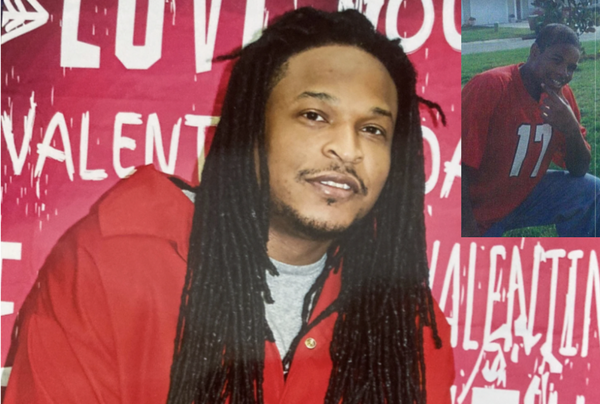COVID-19 cases are rising and masks are coming back. It is all feeling a bit like deja vu — especially if you've already had the virus.
The reality is, two years into the pandemic, most people are not catching COVID-19 for the first time, but rather their second, third or fourth time.
Omicron sub-variants BA.4 and BA.5 are causing cases to surge around the country, and the government has changed its advice on when it's possible to catch COVID-19 again.
Here's what you need to know.
How long after having COVID-19 am I likely to get it again?
There are a lot of factors involved in this.
Health authorities say that, while your risk of catching COVID-19 again after recovering is lower, reinfection is still possible.
The level of protection you have depends on factors such as:
- Age/immunocompromised status: Being older or immunocompromised means you are less likely to produce a robust response to vaccination. This can increase your risk of reinfection
- Vaccination: Studies point to a lower reinfection rate in those who have been vaccinated
- Time: Antibodies to viruses wane over time, so you're more likely to be reinfected at the 28-day mark than you are a week after your negative test
"It all comes down to how many antibodies you've got left in your system when you next get exposed to the virus," Kirby Institute's mathematical biologist Deborah Cromer said.
"The longer it's been since your first infection, the lower your antibody levels will be because they decrease over time."
What is a reinfection period and why did it change?
A reinfection period is a time after your first infection when the risk of you catching COVID-19 again is lower due to your body's natural immunity to the virus.
The Australian Health Protection Principal Committee (AHPPC) announced earlier in the month that the reinfection period for COVID-19 was being reduced from 12 weeks to 28 days.
This is due to the rise in the BA.4 and BA.5 Omicron sub-variants that have a higher level of immune escape.
That means they have mutated to be able to skirt around the antibodies you produce when you recover from a virus.
So, if you test positive 28 days after your last infection, it should be reported and managed as a new case.
This means you will be under the same, seven-day isolation requirements as a new case.
How long am I going to be contagious for?
Most people will no longer be contagious after 10 days from the onset of their symptoms, whether it is your first, second or third infection.
Even if you are still having symptoms 10 days after onset, it could still be possible that you're non-contagious. A RAT test is your best bet to detect whether the virus is still in your system or not.
Will my symptoms be worse if I catch COVID-19 again?
Generally, reinfections are likely to be less severe than primary infections.
However, this isn't the case for everyone.
Your body's response to reinfection depends on your pre-existing immunity from prior infection/s and/or vaccination/s.
People who have already been infected should have some residual immunity — particularly if they are vaccinated — further raising their levels of immune protection.
But there are always exceptions to this.
While Omicron appears to be causing more reinfections than other variants, there isn't enough substantial data to make conclusions about the severity of reinfection.
People should still be on the lookout for symptoms such as fever, coughing, sore throat and shortness of breath.
What does this mean for booster shots?
Health experts say two vaccinations and a booster shot are still going to be your best defence when avoiding a COVID-19 reinfection.
"Two vaccines don't provide a huge amount of immunity against getting infected with Omicron, but having a booster — that will boost your immune levels and make it less likely to get a reinfection," Dr Cromer said.
Research suggests so-called "hybrid immunity" — a combination of prior infection plus two vaccinations and a booster — provides the strongest protection, which is why vaccination (including a booster) is still recommended if you've been infected.
Those aged over 30 years now also have the option to get a second "winter" booster shot.
How long after COVID-19 can I get a booster shot?
You will have to wait three months after you acquired the infection to have your first or second booster shots.







